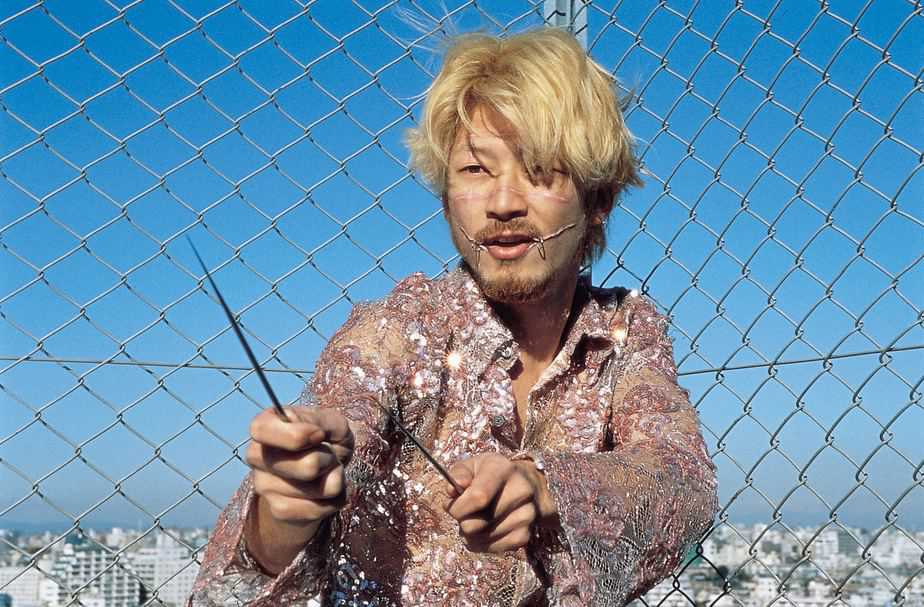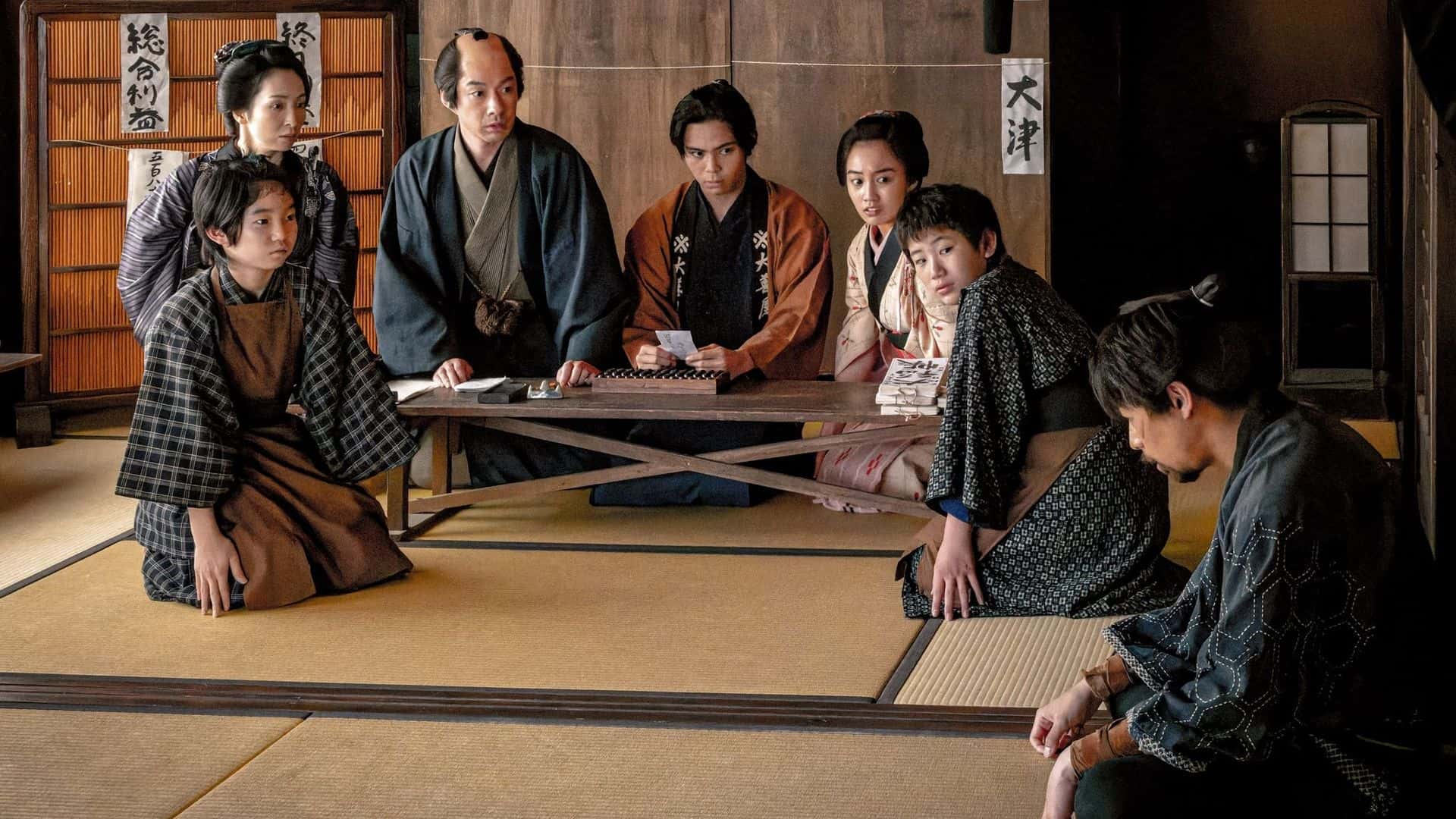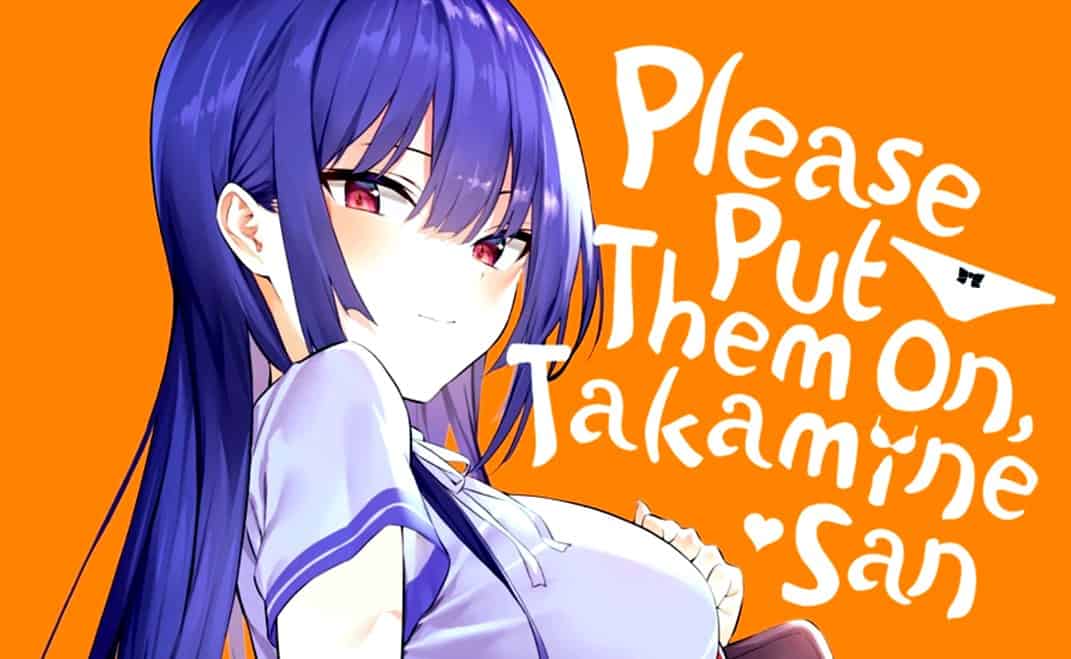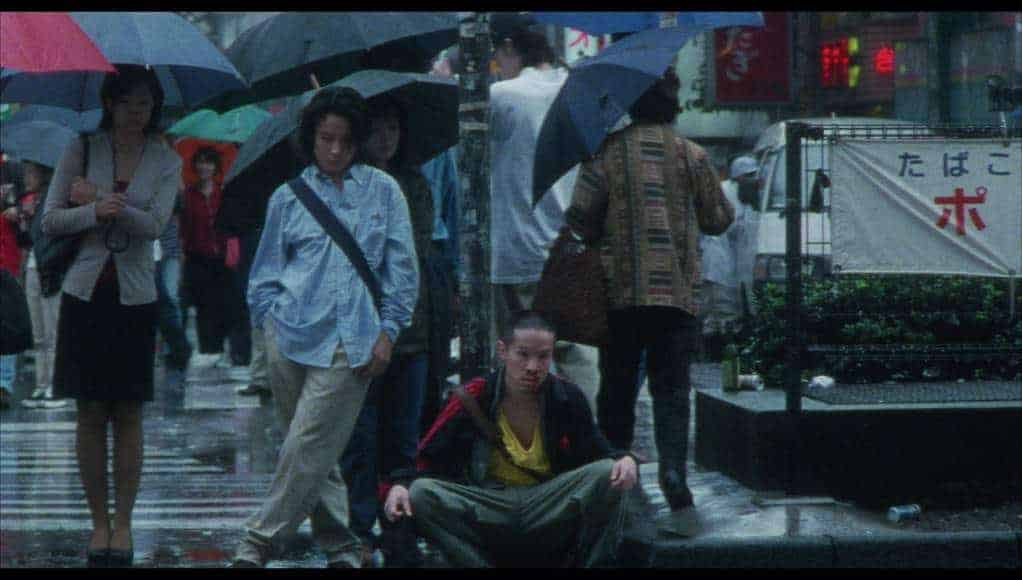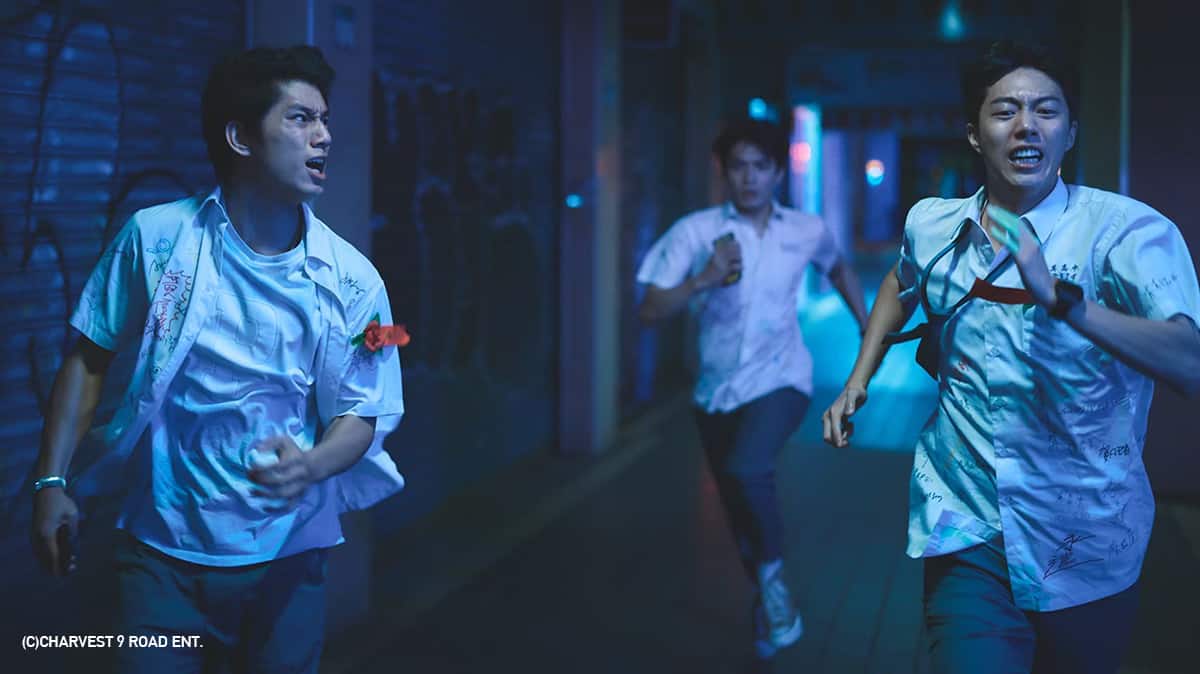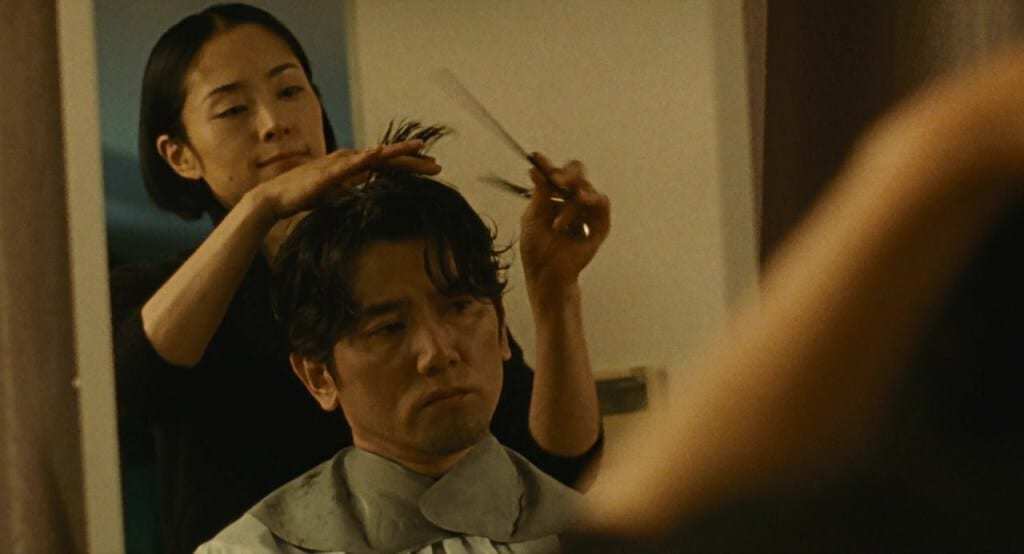Takashi Miike took the homonymous, overly violent manga series by Hideo Yamamoto and created one of the most controversial films of all time, which shocked the censorship committees to a point where they allowed only extensively censored versions of it, while Norway still forbids showing, distributing and even owning it.
Buy This Title
The leader of a Yakuza family disappears without leaving a trace and the rest of the gang members believe that he has been murdered. Kakihara, his second in command and a schizophrenic, sadomasochistic misanthrope who is additionally in love with his boss, sets on a trip to exact revenge, which entails torturing other gangs' members, an act he enjoys to the fullest. However, the killer is not a Yakuza, but a disturbed individual, whose underlying, extreme violent nature is exploited by a mysterious persona, who eventually orders him to eradicate Kakihara's gang.
Takashi Miike has largely based his filmography on the exploration of humans' darkest instincts and the graphic depiction of violence resulting from them. “Ichi the Killer” is a characteristic sample of this tendency and one of the most violent films ever shot. As the story revolves around a psychotic, extremely brutal killer and a sadomasochistic Yakuza underboss, Miike presents a movie where good, as a concept, is absent and every character seems to be paranoid. His aim is evident from the beginning of the movie; as violence is not simply a factor, it is the sole and ultimate goal.

Additionally, a plethora of scenes that other filmmakers would not even dream of depicting are present here, including mutilations, raping women to death, and even murdered children.
The one that truly stands out though, is the one where Kakihara is torturing Suzuki, the boss of a rival gang. Suzuki, played by one of Takashi Miike's favorite actors, Susumu Terajima, is hanging from the ceiling by hooks that have pierced his skin, before Kakihara starts to pin needles in his face and then pour hot oil on him. If the torture scene in “Audition” exemplified its sound, this one focuses on image, with the shock deriving from its “raw” depiction of torture, which leaves absolutely nothing to the imagination. Furthermore, the fact that Kakihara is smiling through the whole process makes the scene even more grotesque, while Tadanobu Asano, who plays him, is magnificent in portraying his character's perversity.

All of the above are portrayed in grotesque but utterly fitting fashion through Hideo Yamamoto's cinematography, while the combination of Yasushi Shimamura fast, to the point of rapid, editing, and Seiichi Yamamoto's music make the film function as an extreme music video, frequently. Lastly, Tadanobu Asano as Kakihara and Nao Omori as Ichi give two of the greatest performances ever in an exploitation film.
“Ichi the Killer” is a must-watch for all fans of cult cinema, a true ode to violence and the soon arriving edition by WellGo USA is definitely the best edition of the film out there.


